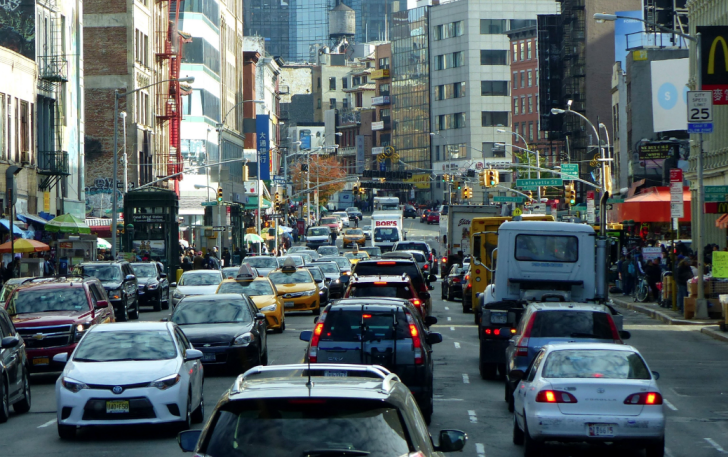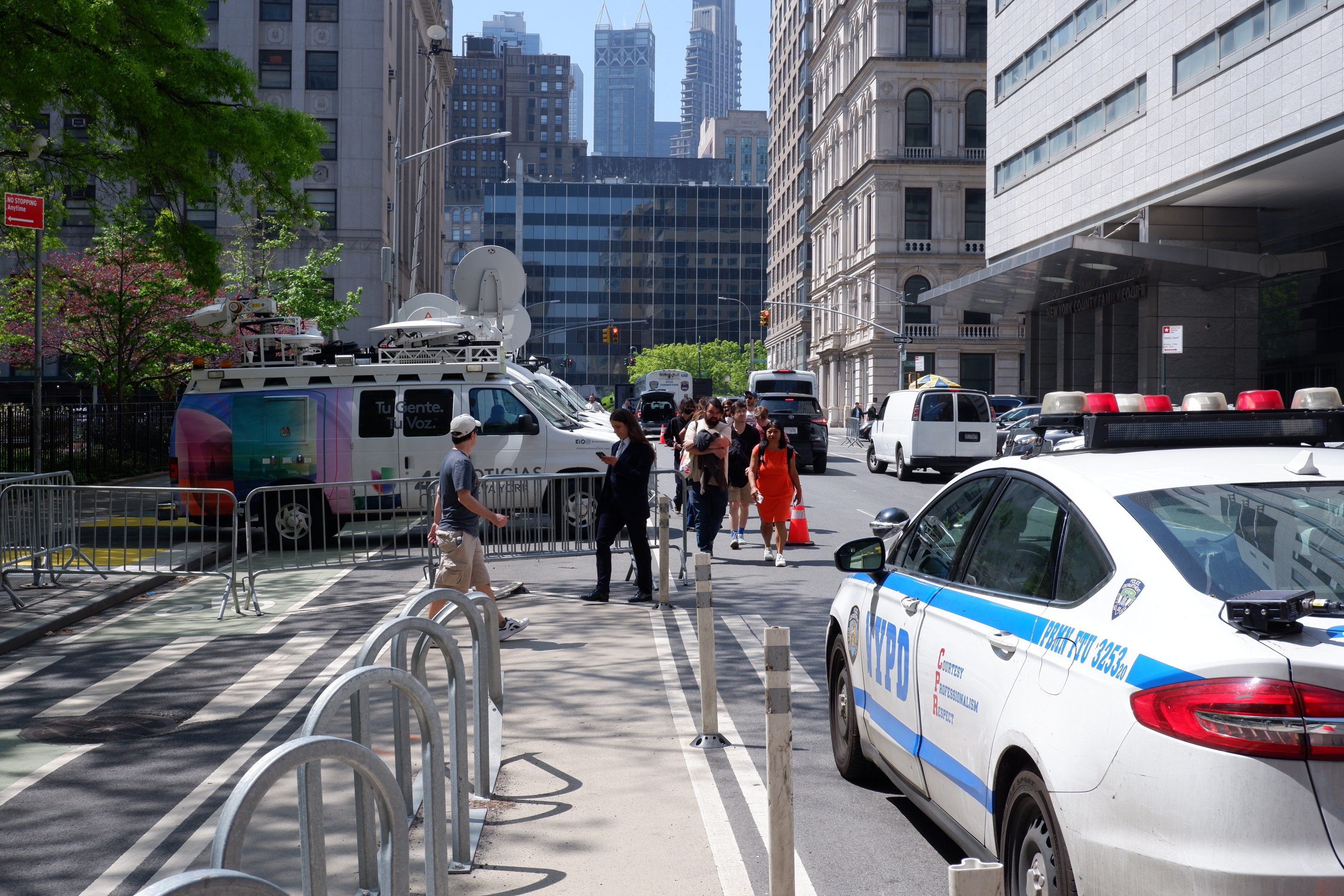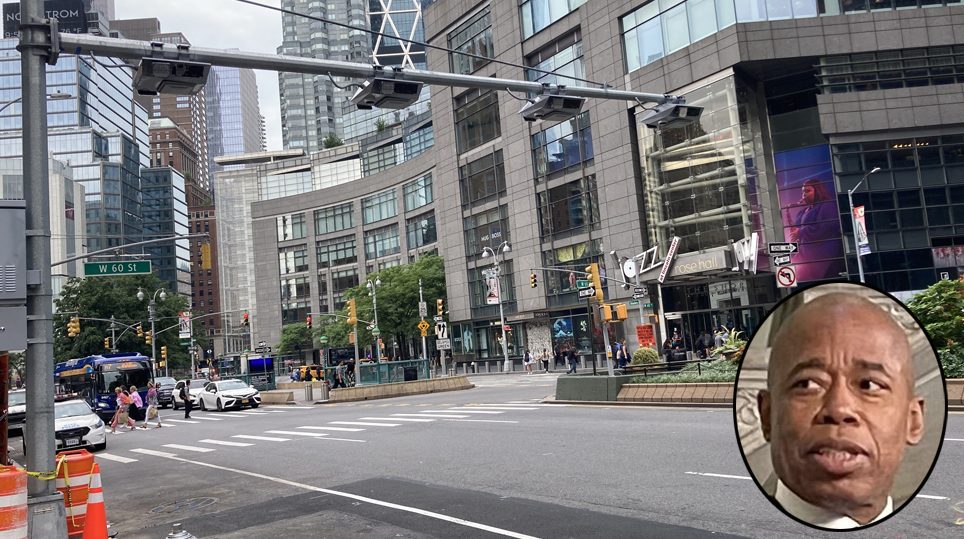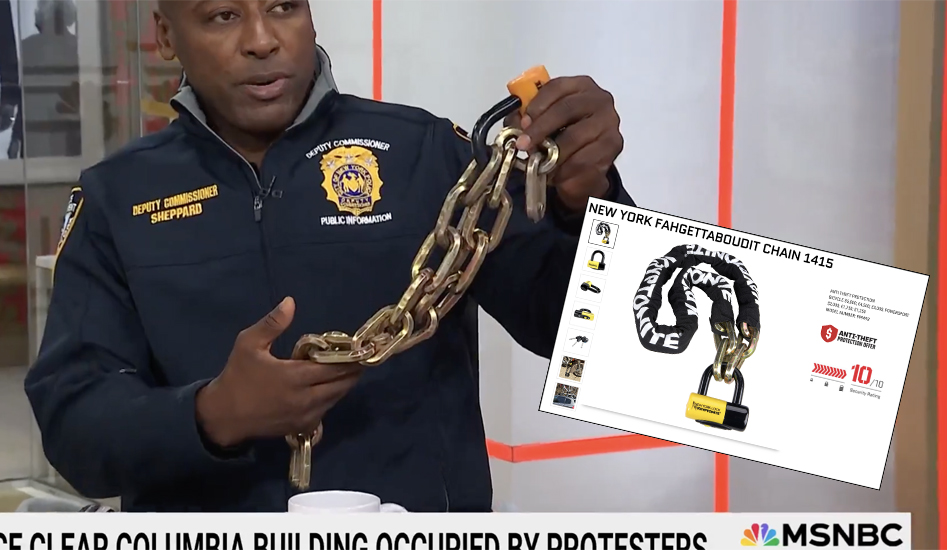Council Wants City to Require Overnight Deliveries

Congestion on Canal Street, which turns out to be part of the National Highway System. Photo: giggel/Wikimedia Commons
Stay in touch
Sign up for our free newsletter
More from Streetsblog New York City
Stockholm Leader’s Message to NYC: ‘Congestion Pricing Just Works’
"In Stockholm, people really thought that congestion pricing would be the end of the world, the city will come to a standstill, no one would be able to get to work anymore and all the theaters and shops would just go bankrupt. None of that happened."
Friday’s Headlines: Trump Trial Trumps Safety Edition
Is anyone going to bother to fix the dangerous mess on the streets and plazas around the Trump trial? Plus more news.
Adams Offers Bare Minimum to Seize Congestion Pricing’s ‘Space Dividend’ Opportunity
The mayor's list of projects supposedly meant to harness congestion pricing's expected reduction in traffic is mostly old news, according to critics.
OPINION: Congestion Pricing Will Help My Family Get Around As We Navigate Cancer Treatment
My partner was recently diagnosed with cancer. Congestion pricing will make getting her to treatment faster and easier.




